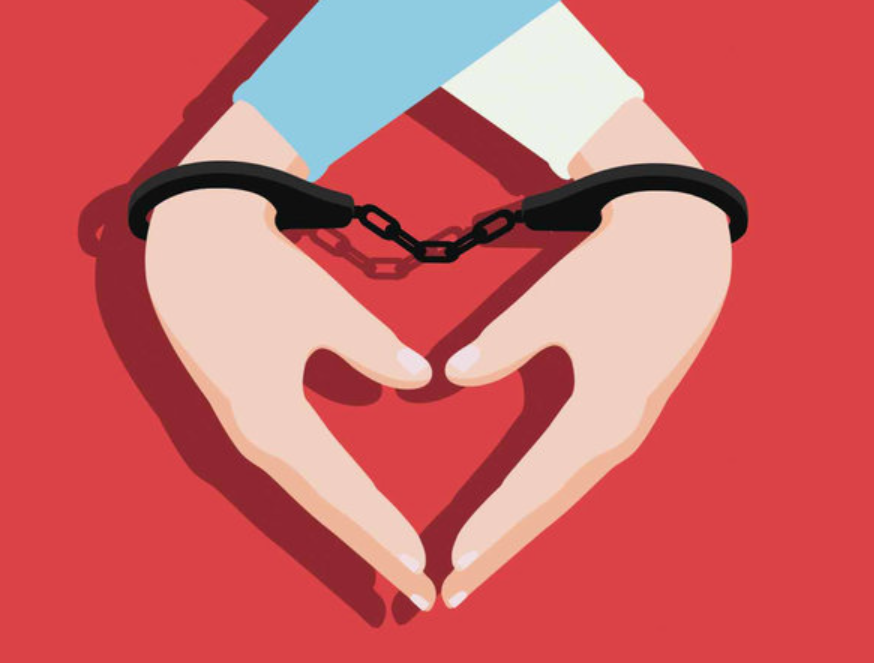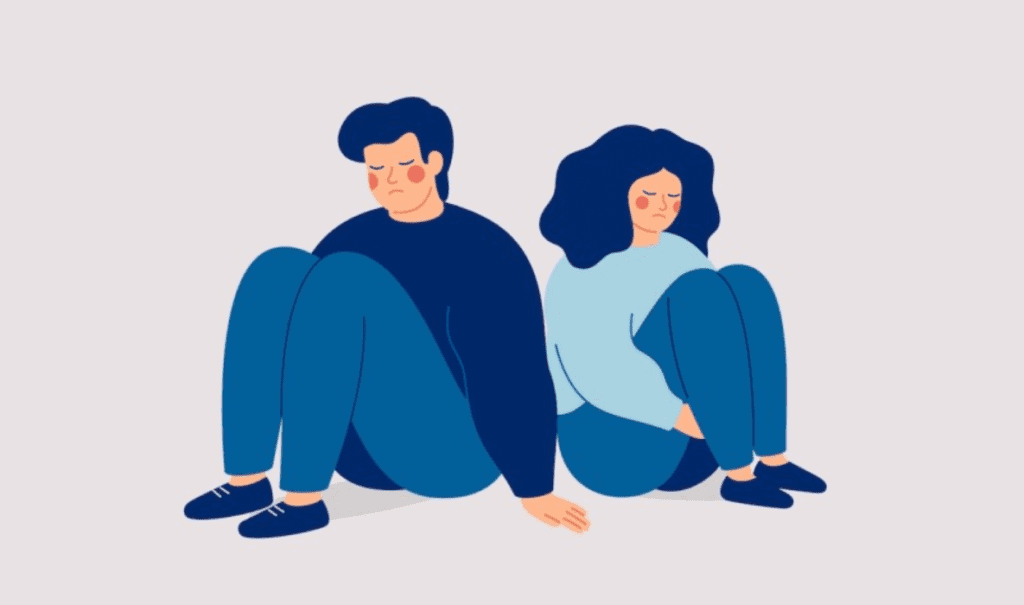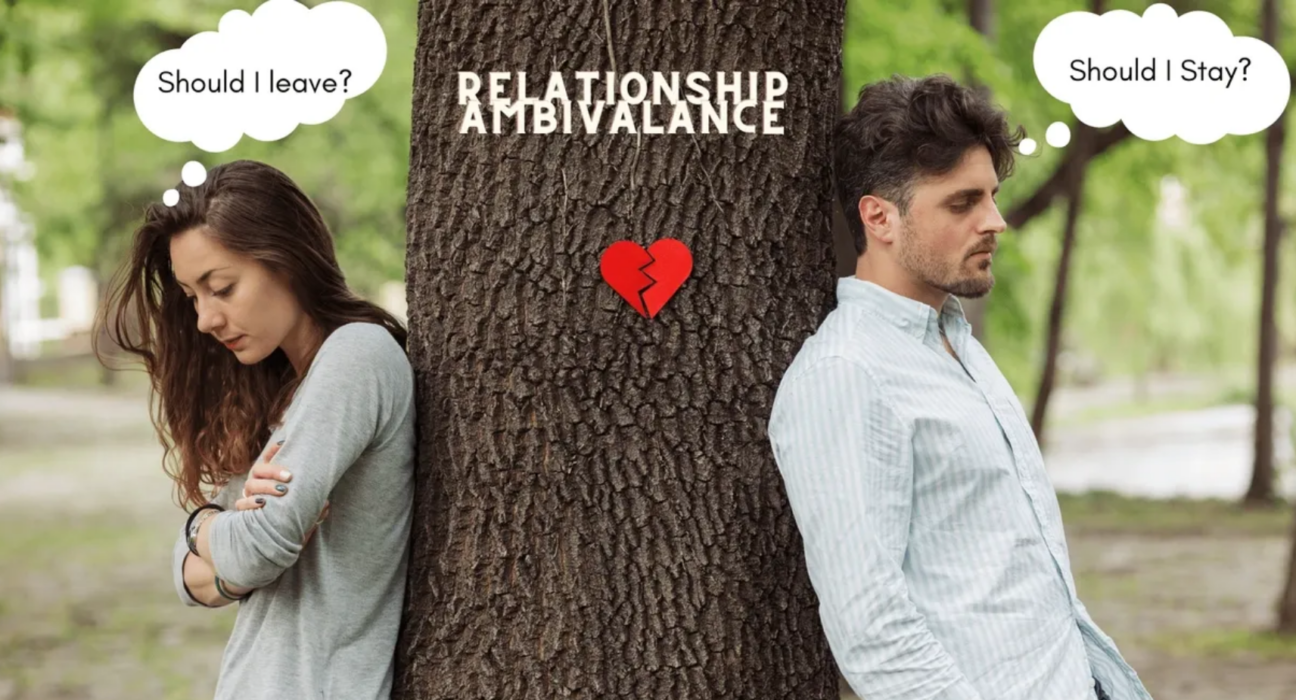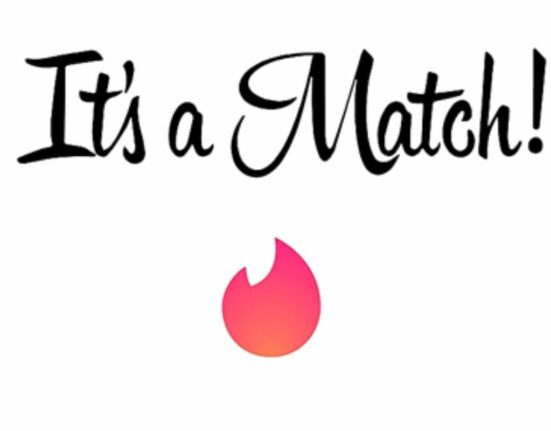How to Know if a Relationship is Worth Continuing After a Complicated Time
Recently, the New York Times published an opinion piece where they discussed the harm done by ambivalent relationships. They specified that these wouldn’t necessarily be romantic in nature, and could be bosses, co-workers or friends with whom you have positive and negative experiences.
Whilst I find the concept interesting, I think it’s important to realise that you won’t always feel nothing but warmth and happiness from or with another person and to expect that is probably demoralising. People have bad days, make daft choices and get upset, and that makes them less than their usual, wonderful selves. People will act that way with you, and you will do the same to them. I would argue that the ability to navigate challenging moments and grow from them is far more important than plastering an artificial smile on and pretending everything is great.
Extreme ambivalence
We should be clear, though, that there are limits to this. If you have a bad day and cancel plans with a friend, fine, or miss a text, ok. If you have a bad day and then sleep with your friend’s significant other? That’s not going to be forgiven or forgotten easily, and it would be understandable if they wanted nothing to do with you. Extreme highs and lows aren’t good, and if someone – a boss, a friend, or a significant other – makes you feel this way, I would strongly advise you to re-evaluate your connection.

There are also degrees of ambivalent relationships. What would feel worse: regular criticism for small things, or one huge fight after a really good day? I don’t have any answers, but I do think that if you can look at and identify with that scenario, you might need to evaluate the relationship you have. It’s confusing and hurtful, and death by a thousand cuts will kill you just as much as a gun to the head.
Humans are complicated
I find the concept of ambivalence interesting. The idea is that there are good things and bad things, and they sort of cancel each other out. But do they? Can you walk away from an argument with your mother, remember something nice she’s done for/with you before, and decide that you’re not that upset? Holding two contradictory opinions about a person might seem complicated, but for relationships which last years, it’s certainly not impossible. Family is certainly like that. I can look at one person and see the harm they caused, and remember the times they were kind and supportive. It’s much more complicated than someone being good or bad.

The beige connections
Ambivalence might be confusing, yet it seems better than having entirely neutral thoughts. We all know people who have fallen out of love and stay in the same relationship, where everything is neither good nor bad, and watch the light dim behind their eyes. They’re essentially indifferent to their partner. They might fake enthusiasm occasionally, but the second they realise they can stop the performance, everything returns to flat. Perhaps they’re exhausted, or think that loneliness is worse, and don’t realise that taking some time for oneself might be healthy and rejuvenating.
Conclusion
So are ambivalent relationships the most toxic? The New Yorker certainly thinks so. I think there’s a middle ground to be found between the flat, neutral relationship and the incredible highs and lows of an extremely ambivalent relationship. Anything which veers too close to either end of the spectrum is unlikely to really make you happy, safe, and fulfilled. You’re allowed to have good days and bad days, say things which are unkind and then apologise, get really close and then need a little space. So yes, sure, ideally relationships should be all wonderful, sunshine and rainbows and affection, but isn’t it nice to occasionally be flawed and real?














Leave feedback about this